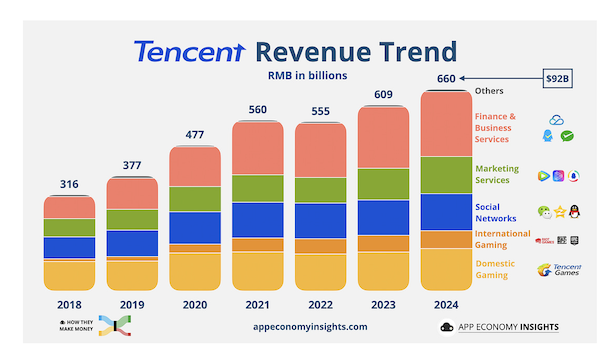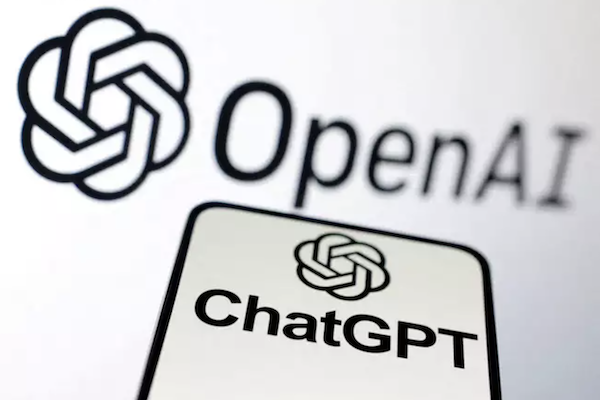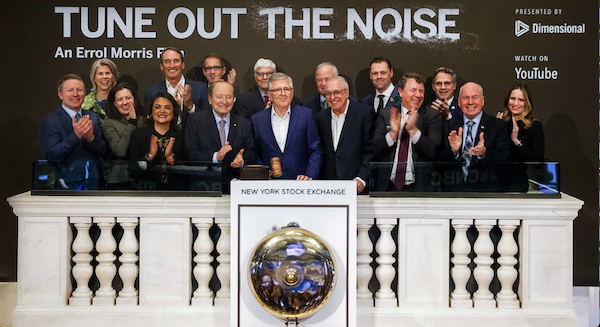Market scorecard
US markets closed in the green yesterday after a rebound in the world's largest tech companies. There's a lot to be worried about lately, with weak economic data and Trump's upcoming tariff tea party in the Rose Garden. Despite all that the S&P 500 somehow erased a 1% intra-day drop.
In company news, Johnson & Johnson tumbled 7.6% after a court rejected its latest attempt to settle those annoying talcum powder-related lawsuits. Elsewhere, recently-listed conservative media outlet Newsmax surged to a new high, and is now 2 000% up since Monday. What the hell?
In summary, the JSE All-share was up 1.48%, the S&P 500 rose 0.38%, and the Nasdaq was 0.87% higher. It's all very confusing.
Our 10c worth
One thing, from Paul

James Clear makes the point that success is the failures you avoid.
He says: "Health is the injuries you don't sustain. Wealth is the purchases you don't make. Happiness is the objects you don't desire. Peace of mind is the arguments you don't engage in."
In other words, poor decision making is often the reason for bad outcomes. Just keeping out of trouble is enough to make significant progress.
I can think of two direct examples that are relevant to investing.
(1) Don't give your money to schemers, scammers, liars and cheats. I've seen clever people with high incomes destroy their life savings on absurd "investment" swindles.
(2) Once you've purchased a high-quality asset (like shares in a high-margin multinational company) don't sell soon afterwards because of a short-term setback. Remember that you own a small part of a wonderful global enterprise. You don't own a share price.
Byron's beats

We still have over 200 clients that own Naspers (or its sister company Prosus). Tencent remains their largest asset and biggest influence over their share prices despite management selling the stake down in recent years. Tencent, fortunately, is still a very good business.
Take a look at Tencent's revenue trends over the last 7 years courtesy of App Economy Insights. Gaming, social networks, advertising and banking have all shown steady growth. With over 1.4 billion WeChat users, those divisions have a massive client base to tap.
As with most tech companies of this size, AI is central to the businesses' future. AI tools will be used to unlock growth within their core operations and to build platforms, software and infrastructure that can be used by outsiders.
The only reason to feel anxious about owning Tencent is the prospect of left-field regulations from the Chinese Communist Party. That risk will never go away.
Michael's musings

OpenAI just closed it's latest funding round, doubling its value to $300 billion. Softbank was the lead, with other early investors like Microsoft also participating.
OpenAI will receive $40 billion and use the funds to "pave the way toward AGI (artificial general intelligence)" for which "massive computing power is essential". The money needed to build the required infrastructure is a bit mind-boggling.
Apple and Microsoft have market caps of around $3 trillion each, so a $300 billion company valuation doesn't sound like that much anymore, but it is. If OpenAI was listed, it would be the 27th biggest company in the US, bigger than tech stalwarts like IBM and Cisco, and even bigger than Salesforce, a more recent tech darling. For comparison, McDonalds is 'only' worth $225 billion.
The AI age is truly here, the question is if all this infrastructure spending can be converted into revenue and profits. OpenAI reportedly generated $3.7 billion in revenue in 2024 and expects sales to reach $30 billion in 2026. It will need to sustain that growth rate to justify a $300 billion valuation.
Bright's banter

My favourite market-related movie is Wall Street: Money Never Sleeps. If you are into this kind of entertainment, Tune Out the Noise is also worth your time.
The documentary breaks down one of the biggest shifts in investing - how passive strategies overtook active stock picking. It's about David Booth, the founder of Dimensional Fund Advisers (DFA), and is directed by Oscar-winner Errol Morris. It follows Booth's journey from a University of Chicago grad student, learning from future Nobel laureates, to building a firm that now manages nearly $800 billion by applying market efficiency principles.
The film explains why most investors are better off doing less, staying diversified, and avoiding the urge to outsmart the market. While passive investing now controls more than $10 trillion, DFA has carved out a middle ground - respecting market efficiency but tweaking the formula with factors like size, value, and profitability.
Booth's goal isn't just to grow DFA but to help more people understand that investing is about probabilities, not predictions. The full film is free on YouTube, and if nothing else, you'll walk away with a better perspective on what actually moves markets.
Watch the trailer here.
Linkfest, lap it up
The Big Bang's leftover glow is called cosmic microwave background (CMB). It helps explain the history of the universe - Galaxy mapping.
Healthcare is one of the most exciting AI research areas. Big tech is putting their money into growing that industry too - Alphabet's AI drug discovery platform Isomorphic Labs raises $600 million.
Signing off
Asian markets opened weaker today, with the MSCI Asia-Pacific index edging lower. Japan and South Korea led the decline.
In local company news, Mondi concluded its buyout of Schumacher Packaging's Western Europe assets, strengthening its position in the region's market.
US equity futures are marginally lower. The Rand is trading at around R18.47 to the US Dollar, as concerns about what deal will be needed to pass our budget are weighing on the currency.
Keep your feet on the ground, and reach for the stars.